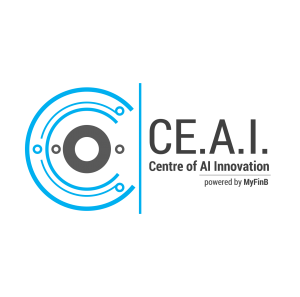Every year, approximately 40 million women undergo breast-cancer screening in the U.S. using a procedure called mammography. For some, this can be a nerve-wracking experience; many wait days or weeks before a radiologist can review their scan and provide initial screening results. Between 10 and 15 percent of women must return for a second visit and undergo more scans before receiving a final diagnostic assessment – drawing out the process further.
Together with Northwestern Medicine, Google Health is working on a new clinical research study to explore whether artificial intelligence (AI) models can help reduce the time to diagnosis, narrowing the assessment gap and improving the patient experience.
Women who choose to take part in the study may have their mammograms reviewed by an investigational AI model that flags scans for immediate review by a radiologist if they show a higher likelihood of breast cancer. If a radiologist determines that further imaging is required, the woman will have the option to undergo this imaging on the same day. This study will evaluate whether this prioritization could reduce the amount of time that women spend waiting for a diagnostic assessment. Women whose mammograms are not flagged will continue to have their images reviewed within regular timeframes.
“Through this study, Northwestern Medicine aims to improve the excellent care we deliver to our patients every day. With the use of artificial intelligence, we hope to expedite the process to diagnosis of breast cancer by identifying suspicious findings on patients’ screening examinations earlier than the standard of care,” says study principal investigator Dr. Sarah Friedewald, chief of breast imaging at Northwestern Medicine and vice chair for women’s imaging in radiology at Northwestern University’s Feinberg School of Medicine. “Every patient in the study will continue to have their mammograms interpreted by a radiologist, but the artificial intelligence will flag and prioritize patients that need additional imaging, facilitating the flow of care.”
This research study with Northwestern Medicine builds on previous research which demonstrated the potential of AI models to analyze de-identified retrospectively collected screening mammograms with similar or better accuracy than clinicians.
Artificial intelligence has shown great potential to improve health care outcomes; the next challenge is to demonstrate how AI can be applied in the real-world. At Google Health, we’re committed to working with clinicians, patients and others to harness advances in research and ultimately bring about better and more accessible care.
Source: Google Blog


